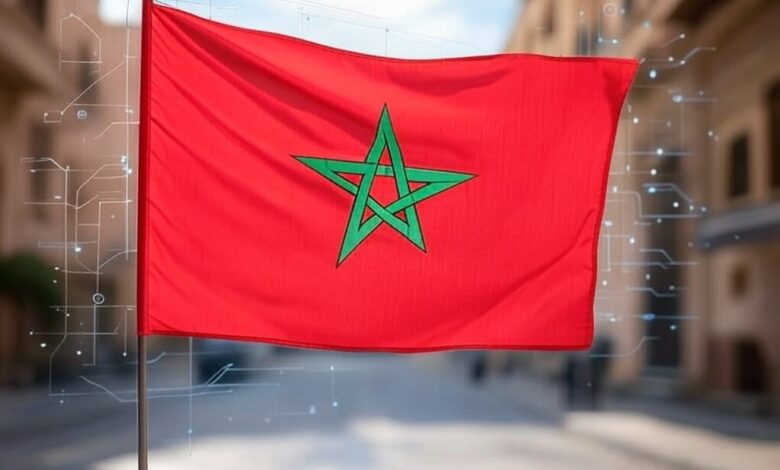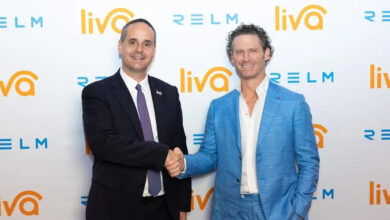Morocco Launches Fintech Center Including Prominent Organizations to Boost Digital Economy

Morocco has taken a significant step toward establishing itself as a fintech hub with the creation of the Morocco Fintech Center (MFC). This initiative, spearheaded by Bank Al-Maghrib, brings together key public and private sector entities to support the growth of the fintech ecosystem.
The founding members of the MFC include prominent organizations such as the Ministry of Economy and Finance, the Ministry of Digital Transition and Administration Reform, Bank Al-Maghrib, and the Moroccan Capital Market Authority. Other participants include the Mohammed VI Investment Fund, TAMWILCOM, and leading universities and banks, including Al Akhawayn University, Mohammed VI Polytechnic University, Attijariwafa Bank, and Bank of Africa.
The Morocco Fintech Center aims to serve as a centralized hub for fintech startups, offering support in areas such as incubation, acceleration, mentoring, and skills development. Additionally, the MFC plans to simplify fintech companies’ understanding of regulatory frameworks and improve their access to financing.
By fostering a collaborative ecosystem, the MFC seeks to promote partnerships, networking opportunities, and research and development in financial innovation. The initiative is expected to align closely with Morocco’s broader digital transformation goals under the “Digital Morocco 2030” strategy.
During its inaugural meeting, the MFC Board of Directors, chaired by Abdellatif Jouahri, Governor of Bank Al-Maghrib, appointed Mustapha Lahlali as the Executive Director. The Board also approved the association’s budget and outlined its key priorities for the coming year. Members pledged to work collectively to accelerate the development of a competitive national fintech ecosystem that is integrated with the regional and international landscape.
The establishment of the MFC aligns with Morocco’s ambitious “Digital Morocco 2030” strategy, which aims to position the country as a leader in digital innovation. The strategy targets the creation of 240,000 jobs in the digital sector and the contribution of 100 billion dirhams ($10.36 billion) to Morocco’s GDP by 2030. Additionally, the plan seeks to increase digital export revenues to 40 billion dirhams ($4.15 billion) while fostering the development of 3,000 startups.
The launch of the MFC comes amid Morocco’s growing interest in digital assets. In December 2024, Governor Abdellatif Jouahri announced the completion of a draft bill to regulate cryptocurrency usage in Morocco. The framework, developed in collaboration with the Moroccan Capital Market Authority and the Insurance and Social Security Supervisory Authority, aims to provide clear definitions and guidelines for cryptocurrency use in the country.
Morocco’s efforts reflect its rising prominence in the global cryptocurrency market. According to a 2024 report by Chainalysis, the MENA region is the seventh-largest crypto market worldwide, with Morocco emerging as one of its key players alongside Turkey.
The MFC also aims to strengthen partnerships between Moroccan institutions and international organizations. For instance, the Agency for Digital Development is collaborating with the Hashgraph Association to leverage Distributed Ledger Technology (DLT) for enhancing citizen services. Similarly, Mohammed VI Polytechnic University is working with global partners to foster entrepreneurship and scientific innovation across Africa.
With initiatives like the Morocco Fintech Center and the Digital Morocco 2030 strategy, the country is positioning itself as a regional leader in fintech and digital innovation, paving the way for economic growth and global competitiveness.





